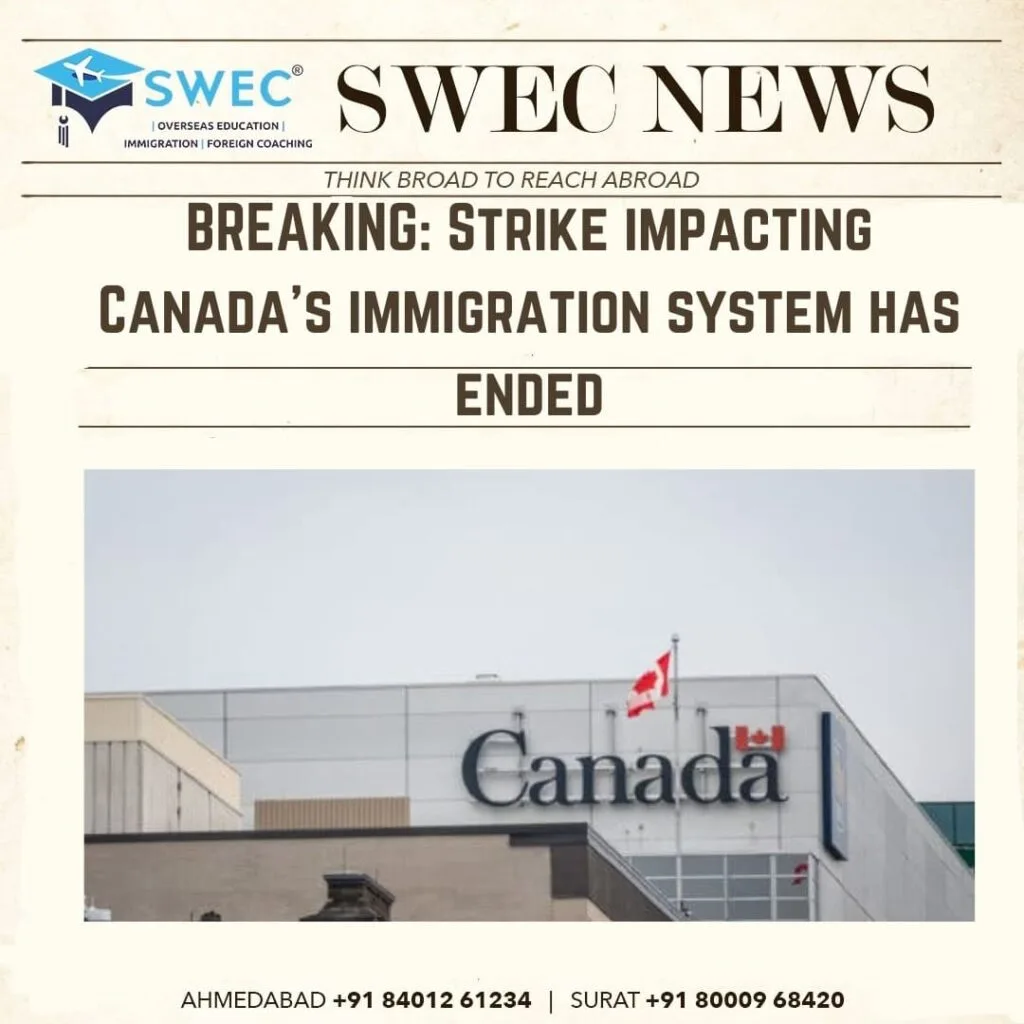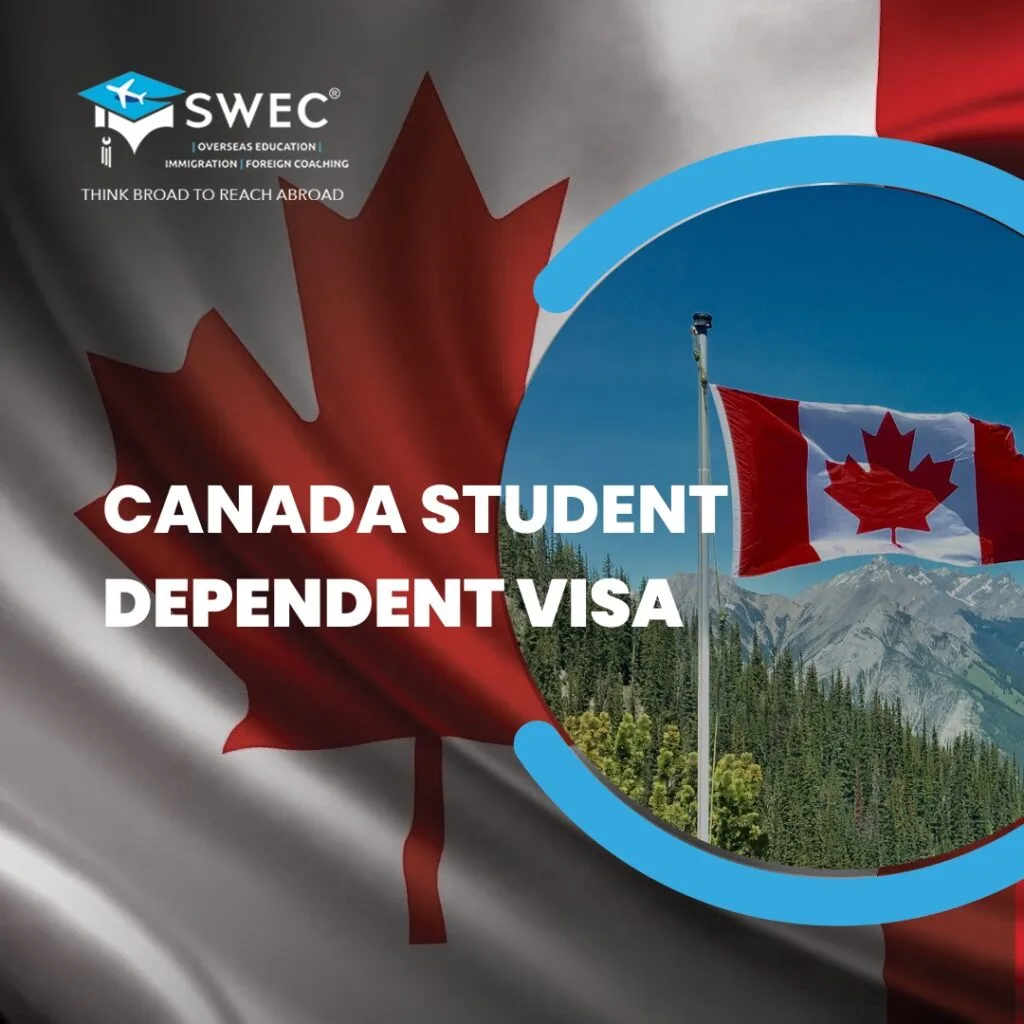
The Public Service Alliance of Canada (PSAC) and the Federal Government have reached a tentative agreement following a strike that impacted over 155,000 public servants, including those at Immigration, Refugees and Citizenship Canada (IRCC).
Note: This is a developing story. CIC News will continue to update it as more information becomes available.
The strike began on April 19. PSAC has instructed its members to return to work as of 9 AM Eastern Time this morning, or their next available shift.
PSAC, the union representing the federal employees who went on strike, says the tentative agreement includes higher wages which will close the gap with inflation, and new and improved language relating to working from home, among other favorable provisions for its members.
Given the strike ended late last night, IRCC has yet to release a statement with an update on how the end of the strike will impact the processing of immigration applications.
Throughout the strike, IRCC cautioned that delays were expected in serval areas, such as:
- processing applications
- in-person appointments or events including citizenship ceremonies
- contacting IRCC via email, phone, or social media
- consular citizenship and passport services
- passport services in Canada
- Access to Information Act requests
- Grants and contributions services.
During the strike, it was still possible to apply online to IRCC to extend a stay in Canada. In addition, despite the strike, IRCC held its regularly scheduled Express Entry draw last Wednesday in which it invited an additional 3,500 candidates to apply for permanent residence.
Employment and Social Development Canada (ESDC) also reported disruptions to the Temporary Foreign Worker Program (TFWP) as well as the collection of biometrics. ESDC is responsible for reviewing Labour Market Impact Assessments (LMIAs), which are a mandatory requirement for employers who wish to hire temporary foreign workers. Many Canadian employers depend on the TFWP for seasonal workers as well as to fill urgent job vacancies in high-demand sectors.
Why was there a strike?
PSAC held nationwide strike votes between February 22 and April 11. Subsequent negotiations were not successful in reaching a deal and PSAC members voted to strike as of 12:01 am April 19.
The Union said it was seeking fair wages, a better work-life balance, more workplace inclusivity, and reduced layoffs through the creation of more jobs, rather than contracting positions to private organizations.
Among the “deal breakers,” Union members wanted to continue to work remotely, as they had been throughout the COVID-19 pandemic. PSAC said public service workers were as effective working remotely as when they were in the office and that 90% of workers want to continue working remotely.
Remote workers were required to walk the picket line while on strike.
The Government says the demands, as they were drafted during negotiations, would severely impact the ability to deliver services to Canadians and would limit its ability to effectively manage employees within the public service.
The Union was also seeking higher wages for members in the face of the current inflated cost of living in Canada.




